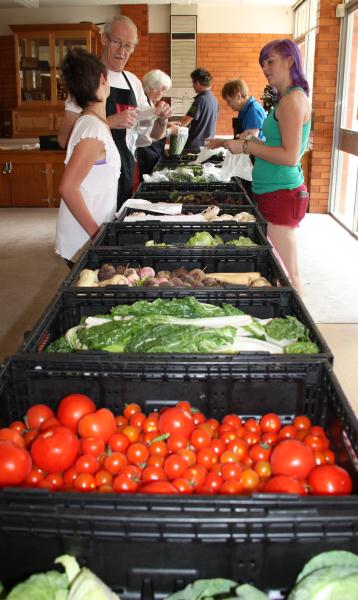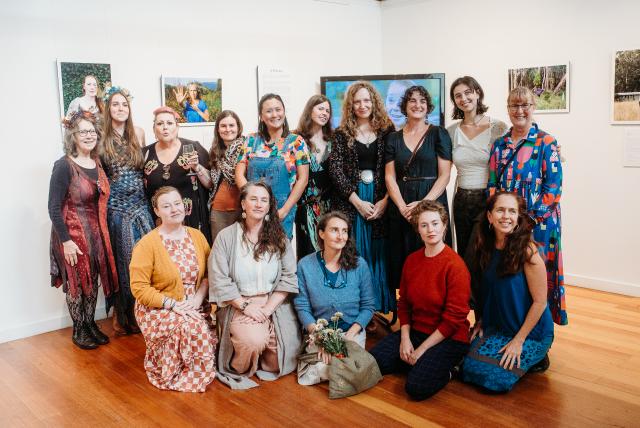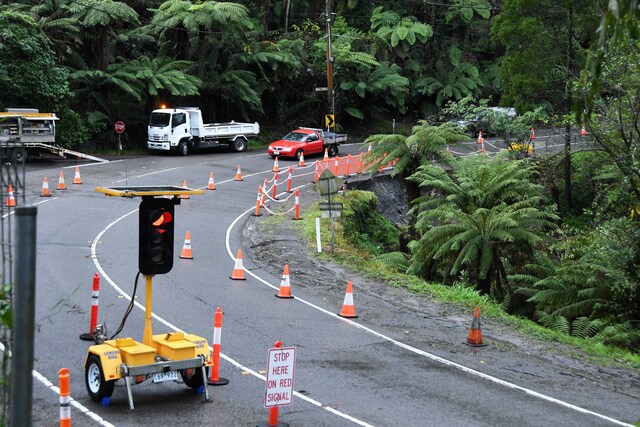By JESSE GRAHAM
Budget targets young welfare recipients
YOUNG welfare recipients are expected to be some of the hardest hit from the recently released Federal Budget, with community groups describing the outlook as ‘grim’.
Under the Federal Budget, which was announced on Tuesday 13 May, residents under 30 applying for Newstart assistance will be locked out from receiving funds for a six-month period while they look for jobs.
After this period, recipients will receive the dole, as long as they participate in a Work for the Dole scheme for 25 hours per week – and will then be cut off after six months as a further encouragement to seek employment.
Residents under 25 will receive the more modest Youth Allowance, not Newstart, under the changes, which a Budget Overview describes as preventing “young Australians from becoming reliant on welfare.”
However, Healesville Interchurch Community Care Incorporated (HICCI) Executive Officer, Kerri Goding, said the group had deep concerns for the impact on young people who desperately needed assistance.
“We don’t understand what the government expects people to do for six months,” Ms Goding said.
“We’re concerned that the people most affected (by the budget) will be those on low incomes, and will be put under stress of further financial difficulty.”
Ms Goding said groups such as HICCI provide food vouchers, fuel vouchers, food hampers and assistance with bills, and that she believed more people would seek help after the budget changes came through.
“We anticipate a significant increase in demand for our services,” she said.
“Whether we can meet that demand is yet to be seen.”
Federal Treasurer Joe Hockey, in his budget address, said that the changes would build a more “sustainable” welfare system and push eligible workers towards employment.
“Australians under 30 years of age should be earning or learning,” he said.
“Work gives people a sense of self, and work helps to build a sense of community – that is why young people should move into employment before they embark on a life on welfare.”
Healesville Salvation Army Minister Sarah Eldridge said that changes to welfare arrangements would stop skilled workers from finding jobs in their area of expertise, and push them to take any job they could.
“Jobs for skilled workers aren’t as prevalent, and people assume they are,” she said.
“If they’ve got no access to Newstart, they’re going to have to take unskilled jobs, which will prevent them from going to interviews that would get those jobs in their field.
“It’s a very grim looking budget.”
Across the valley, Warburton’s Koha Café’s founding member Suyin Chan echoed Ms Eldridge, and said the impacts on low income earners would be “horrendous”.
“They (Newstart applicants) will become homeless with no money and no means – what are they supposed to do? Starve to death?” she said.
Ms Chan said programs such as providing cheap community meals at Koha and the First Bite food provision would become more important after the budget changes kicked in, and would put pressure on community groups assisting residents.
Under the budget changes, Family Tax Benefit B’s eligibility criteria will be slimmed down, with the benefit only extending to families until their youngest child turns six – with an income threshold of $100,000.
Currently, the benefit is extended to families until their youngest child turns 16, or until the end of the calendar year in which they turn 18 if they are at secondary school full time – the income threshold is currently $150,000 for the high income earner.
However, families receiving the benefit who will no longer receive it under the new regime will continue to receive payments for two years.
Single parents receiving the maximum rate of Tax Benefit A will also receive an additional $750 per year for each child aged between six and 12, once their youngest child turns six.
The changes to the welfare arrangements are set to begin as of 1 January 2015, provided the budget is passed by parliament.







